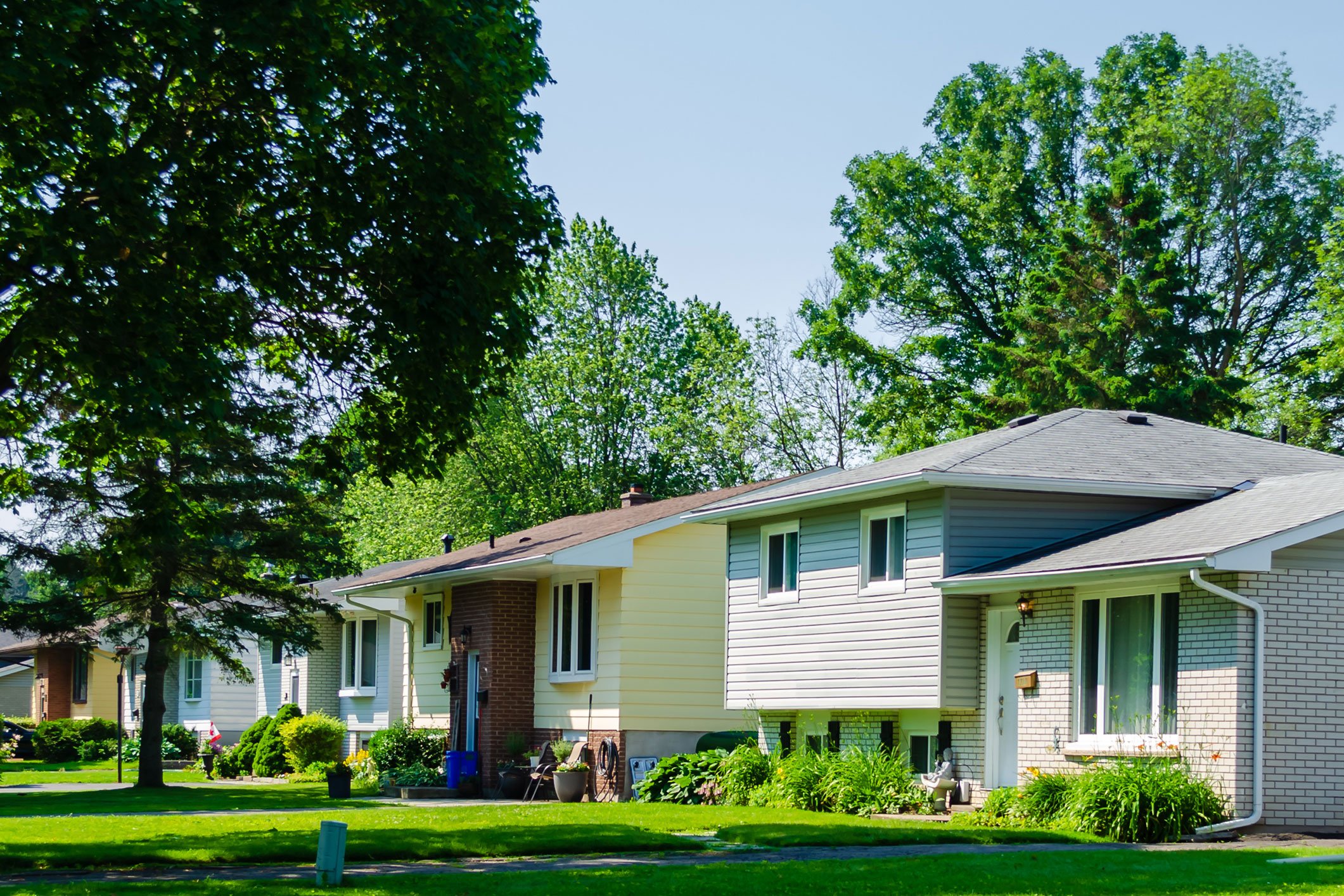10 Things to Consider When Choosing a Home

Buying a home is a huge investment. These factors can help find the perfect one for you.
Purchasing a home is one of the biggest milestones in your life—whether you are upsizing, downsizing, or buying for the first time.
Evaluating these key aspects during your selection process will help you find your dream home:
1. Location
Thinking about your ideal location is the best way to start your search for a home. Consider your preferred areas, proximity to desired amenities (schools, parks, restaurants, shopping), and which areas are increasing or decreasing in value.
2. Requirements
Every person or family will have different requirements for a home, such as the number of bedrooms, living space, garage space, and parking space. Keep in mind that your needs may change, so consider whether you are buying a home for the short term or for the future.
3. Price Range
How much you can afford is also a key determining factor. Your house purchase price will rely heavily on where you buy and what kind of home you are looking for. Getting pre-approved by an Access Credit Union lender will help you gain a better understanding of what you can afford.
4. Trade-Offs
Sometimes you can’t have it all—which is why it can be helpful to prioritize and compare your “wants” and “needs” for a home. If forced to choose between two options, what will be your determining factors, and which trade-offs will you be willing to make?
5. Repairs
It is important to know which repairs, if any, need to be done to the house before moving in. Having the house checked over by a trusted home inspector can help with noting any potential issues you may inherit with the property, whether structural or cosmetic.
6. Property Tax
Knowing the taxes you will be paying on the property is important when budgeting. Especially because the amount you owe annually can change over time. You can apply the municipal mill rate to the assessed value to help calculate an estimate of what you may be expected to pay.
7. Resale
Purchasing a house is an investment—so you should know how desirable a property is within the market. Even if you are not planning to move in the near future, you should consider ways you can gradually add more value to your property to increase the appeal and make it more sellable in the future—such as renovations and home improvements.
8. Road Service/Public Transportation
Whether living in a rural or urban location, road access and public transportation will factor into your commute time and how you get to and from your home. Winter snow clearing also shouldn’t be overlooked—especially living in Manitoba.
9. Drainage Problems
Springtime can expose any drainage issues in the house. It is best to be aware of these before they can cause further damage. Look for damage stains, leaks, or cracks, as they can be a good indicator of potential problems.
10. Energy Efficiency
There are many costs to home ownership. Heating and utilities are just a couple that can be easily reduced by an energy efficient house. Looking into the type of heating, insulation, window efficiency, and hot water tank are some ways to save on energy costs.
Having a solid grasp on all of these factors will help you find the right home. By partnering with a trusted financial institution—such as Access Credit Union—you can determine each of your requirements and what you can afford. This way you can limit your search to only the most suitable homes for your needs.





